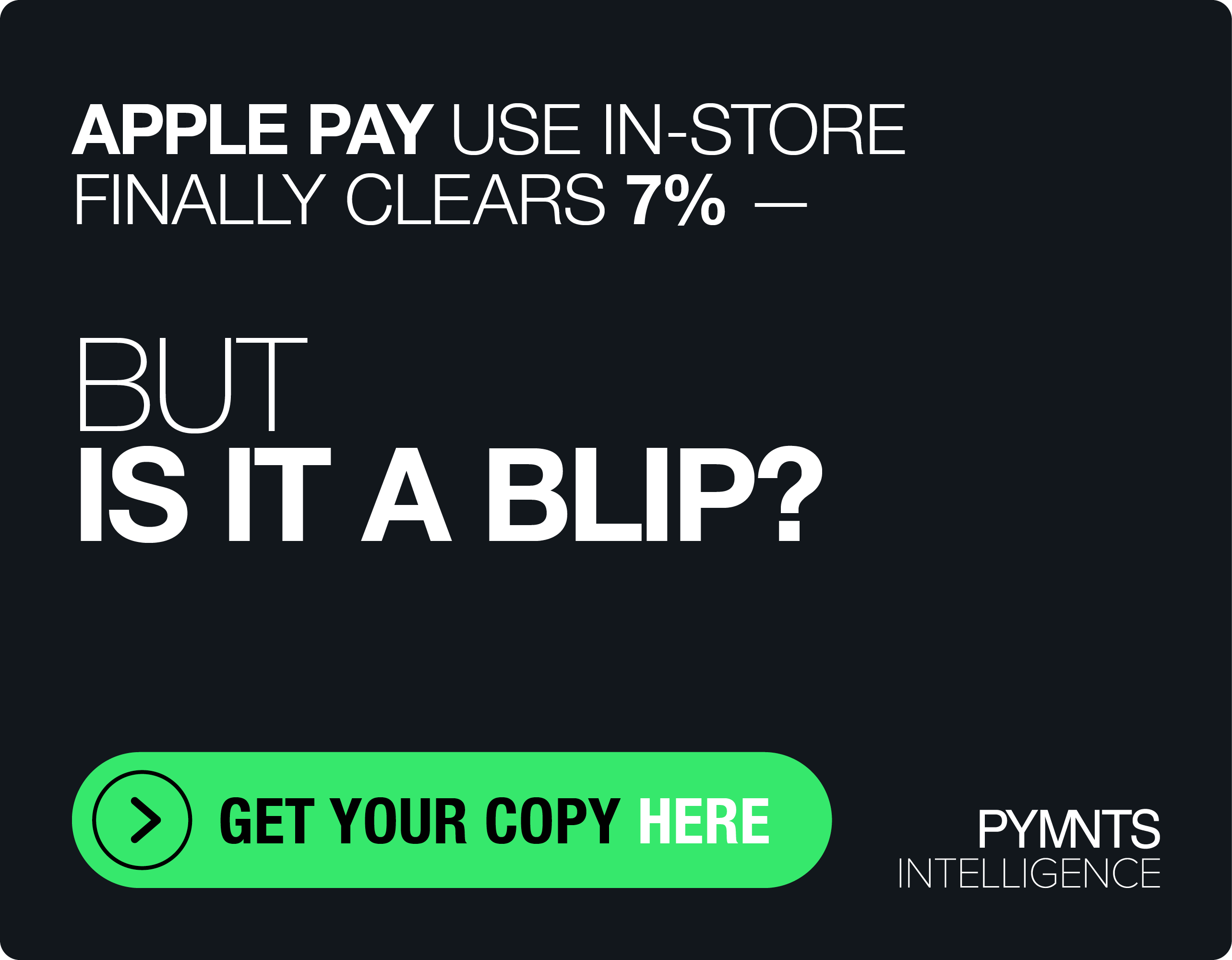Nearly 70% of Consumers Want to Track Bill Payments Using an Everyday App

In today’s fast-paced world, consumers are increasingly relying on various apps to meet their daily shopping and financial needs. However, the abundance of apps can be overwhelming and time-consuming. To address this issue, the concept of an everyday app has emerged as a consolidated solution that allows users to manage their activities in one place.
A survey conducted by PYMNTS Intelligence and PayPal reveals that millions of consumers in the United States and Australia are highly interested in using an everyday app. In fact, nearly 100 million individuals in the two countries are interested in using an all-in-one finance and shopping app.

In the U.S. alone, one-third of all consumers surveyed reported being highly interested in using an everyday app, including more than 70% of convenience-oriented respondents in the country who express a keen interest in an everyday app.
These users are attracted to the idea of integrating various activities such as banking, shopping, food ordering, communication, and payment management into one platform. Specifically, about 70% of participants in both nations express interest in centralizing their app-driven retail and grocery shopping within a single everyday app, with similar shares wanting to integrate bill tracking into an all-in-one app.
Additionally, 54% and 58% of U.S. and Australian respondents, respectively, said they want to manage savings and investments using an everyday app, while most consumers in the two countries want to manage their banking using an everyday app, at 60% and 56%, respectively.
But despite the growing interest, security concerns pose a significant barrier to the adoption of an everyday app. The survey reveals that 64% of consumers in Australia and 55% in the U.S. have reservations about the ability of an everyday app to safeguard their sensitive personal and financial information.
To address these concerns, consumers emphasize the need for robust security features such as passwordless logins and two-factor authentication. Data encryption is also highly valued, with 24% of American consumers considering it essential when it comes to securing all-in-one apps. These security features, coupled with opt-in permission for data sharing and alerts in case of compromised websites, serve as measures to address consumer worries and enhance confidence in everyday apps.
Trust in the provider is also crucial for the acceptance of an everyday app. In Australia, PayPal emerges as the most trusted provider, winning the confidence of 37% of potential users. On the other hand, banks are the most trusted in the U.S., with 27% of consumers expressing confidence in them. However, when it comes to providing an everyday app, banks are seen as the most trusted partner in both countries.
In summary, most consumers in the U.S. and Australia are eager for an everyday app that simplifies their daily activities and offers convenience. However, security concerns and trust in the provider remain significant barriers to widespread adoption. To overcome these hurdles, developers of everyday apps must prioritize robust security features and partner with trusted providers to unlock the full potential of these applications.

